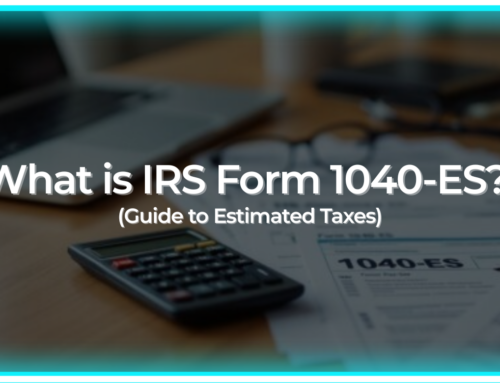Hi, I’m Bette Hochberger, CPA, CGMA. The IRS has recently released new guidance on the tax treatment of NFTs, so today, I am going to discuss everything you need to know.
Previously, NFTs were treated as any other crypto asset from a tax perspective, so short-term or long-term Capital Gains Tax would apply when you dispose of it by selling or trading it. Now, this is still true, but under the new guidance, they may be deemed collectibles and will be taxed as such. Collectibles are still subject to short-term and long-term Capital Gains Tax, but at a higher rate of 28% vs. a maximum of 20% for other capital assets. So, under the new guidance that is immediately applicable, if you sell an NFT you’ve held for more than one year deemed a collectible by the IRS, you’ll pay 28% tax on any gain from that transaction.
Not all NFTs are considered collectibles. The IRS will be issuing more guidance, but for now, they will use a “look-through analysis” to determine whether an NFT is a collectible. This means that the IRS will “look through” the NFT to the underlying asset it represents to determine whether it’s a collectible or not. Collectibles already have specific guidance under Section 408(m)(2) of the tax code.
The following assets are deemed collectibles for tax purposes:
- Any work of art
- Any rug or antique
- Any metal or gem (with limited exceptions)
- Any stamp or coin (with limited exceptions)
- Any alcoholic beverage
- Any other tangible personal property the IRS determines is a “collectible” under IRC Section 408(m).
In their own example in the current guidance, the IRS states, “an NFT is treated as a collectible if the NFT’s associated right or asset falls under the definition of collectible in the tax code. For example, a gem is a collectible under section 408(m); therefore, an NFT certifying a gem’s ownership is a collectible.”
So, how can you determine the tax treatment of your NFT? You should use the existing guidance and guidance on collectibles, as long-term gains from NFTs held over a year may be taxed at a higher rate of 28%.
If your NFT is not deemed a collectible, the tax rules for crypto apply. Although, there is a specific exception: NFT creators who are minting and selling NFTs – like an artist selling paintings – may instead pay Income Tax on their earnings.
For example:
- Selling or trading NFTs: Capital Gains Tax, but the higher 28% tax may apply for NFTs deemed collectibles.
- Buying NFTs: No tax if you buy with fiat currency. Buying an NFT with crypto would be seen as taxable crypto-to-crypto trade.
- Minting/creating your own NFT: No tax – though minting costs may be able to be added to your cost basis.
If you are dealing with NFT taxes, it’s always a good idea to consult a tax professional or accountant for advice on your specific situation. If you need help, you can schedule a meeting with me, and I’d be happy to talk more about your needs.
I hope you learned something new today. As always, stay safe, and I will see you next time.







